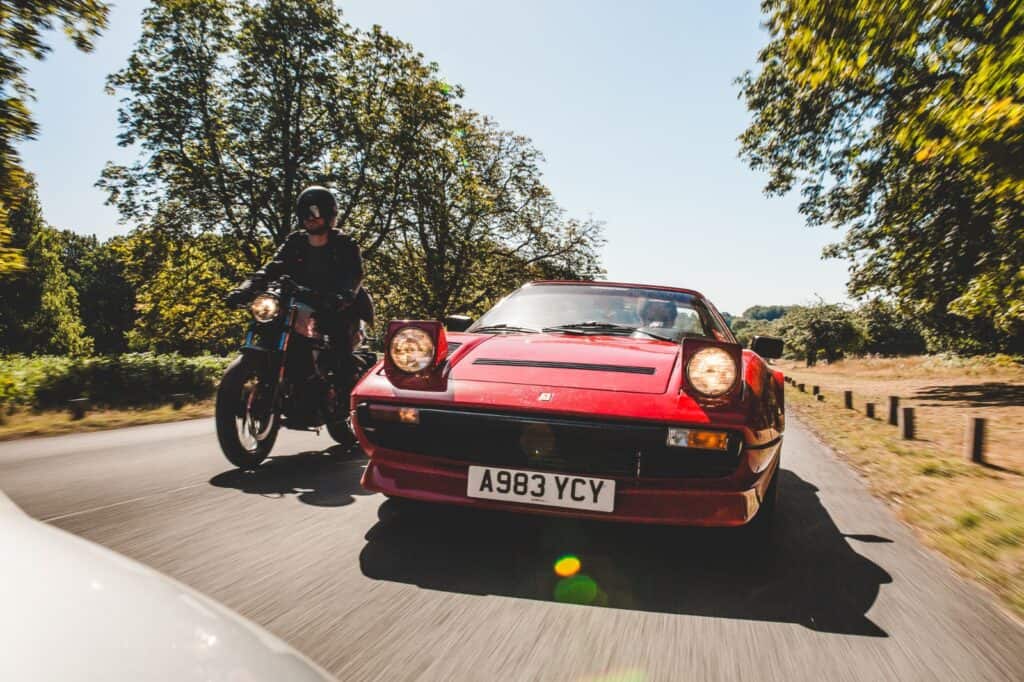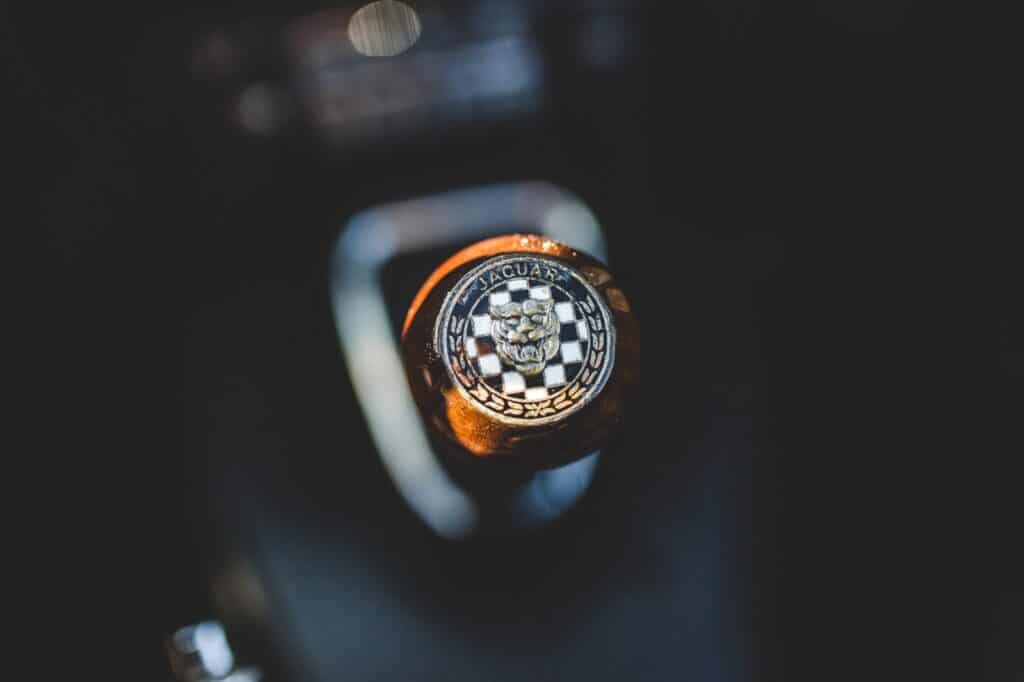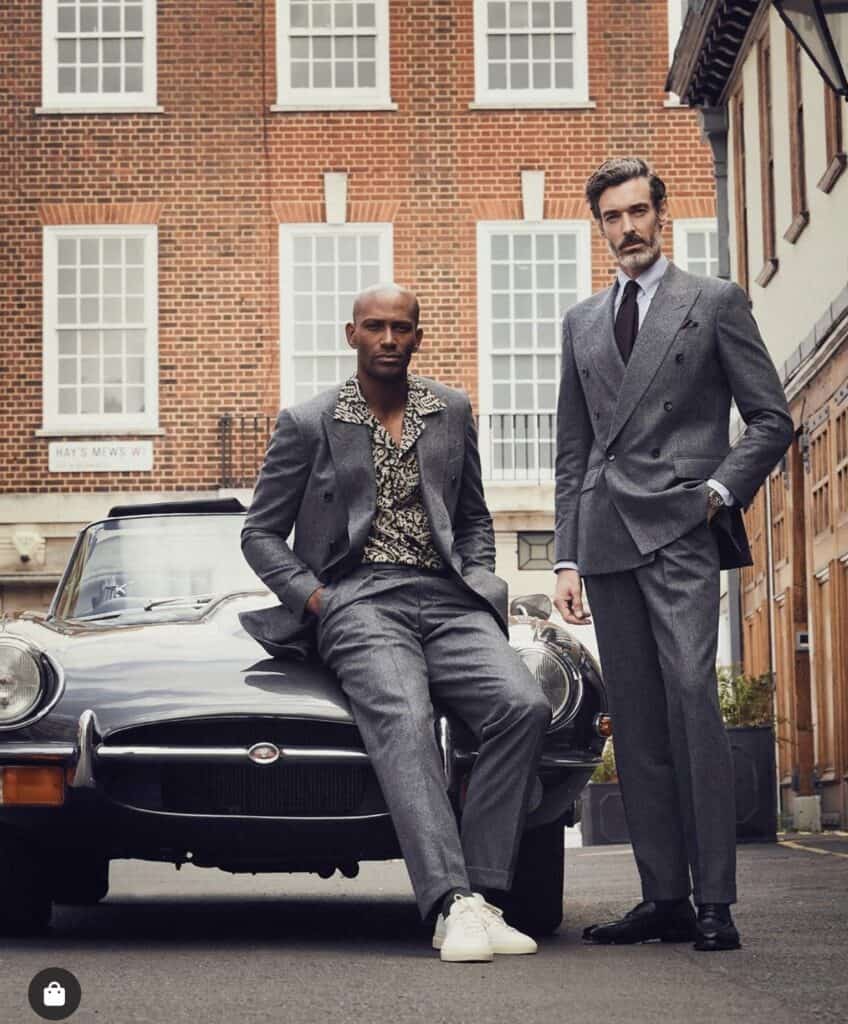In our fast-paced city environments, we often find ourselves surrounded by the latest technologies and modern conveniences. However, there is nothing that captures the attention quite like watching a classic car pass by. Aside from their timeless beauty, classic cars now hold an additional appeal, as many of them are exempt from Ultra Low Emission Zones (ULEZ). This exemption is nothing short of a breath of fresh air for classic car owners and admirers alike, who strive to save a space for classic culture within a modernistic world.
Aimed at curbing air pollution, Ultra Low Emission Zones (ULEZ) are designated areas within urban environments where only vehicles that fall below a strict emissions threshold can pass though without incurring charges. Some ultra-modern and electric cars, which are rapidly rising in volume, can easily meet these standards, but for the majority of petrol car owners, these zones prove to be a repellent for those wanting to take a drive through London’s city streets.
In recognition of the cultural significance and limited usage of classic cars, many areas have thoughtfully decided to grant exemptions to these treasured vehicles. Classic cars, generally defined as vehicles over 40 years old, have a charm and character that modern counterparts simply cannot replicate. Their historical value and intricate craftsmanship are undeniable, having dominated our city streets for decades. Allowing people to savor a ride through urban landscapes presents future generations with the opportunity to cultivate a newfound appreciation for the evolution of automotive design and engineering, forging a newfound bond with history.
The exemption provides an incentive for car owners to consider owning and maintaining a classic car, leading to increased interest in restoration and fostering a community among enthusiasts. With more classic cars being restored to their former power and beauty, classic car events and showcases can draw a wider audience, contributing to a vibrant automotive culture. Allowing these iconic vehicles to roam freely within our cities also boosts tourism and the local economy in a unique and enriching way, without the burden of a monetary charge. What better way to explore the rich history of London’s streets than in your own little piece of history?
While it may seem counterintuitive to grant exemptions to vehicles that may not meet modern emission standards, it’s important to consider that classic cars are seldom driven on a daily basis. They are typically used for occasional leisure drives or taken to events, resulting in minimal environmental impact compared to daily commuter vehicles. The environmental footprint of classic cars is of little significance compared to that of modern automobiles, making the exemption a sensible decision that strikes a balance between preserving history and environmental responsibility.
By embracing the culture and connections shaped by classic cars, we can celebrate the past in motion, experience the present, and drive towards a sustainable future.


